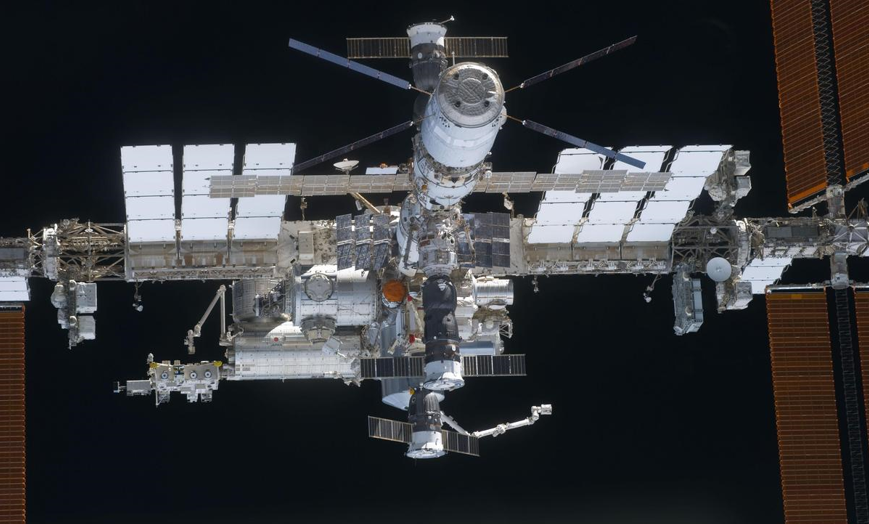Russia to walk away from International Space Station after 2024
By David
Szondy
July 26, 2022
Facebook
Twitter
Flipboard
LinkedIn

The International Space Station will lose Russian support
after 2024 Photo credit: NASA
VIEW 1 IMAGES
With the Russian invasion of Ukraine dragging into its
sixth month, relations between Russia and the West have reached a low not seen
since the Cold War. As a result, there has been an increasingly large list of
sanctions imposed by both sides and partnerships that were once lauded as
examples as post-Cold War cooperation are being severed.
The results of this have already affected CERN, Mars
missions with ESA,
and now the ISS. According to the Russian news agency TASS, Borisov said
that Russia will fulfill all of its obligations, but will not continue its
commitment to the ISS after 2024, confirming a position stated by the former
Roscosmos head Dmitry Rogozin in April.
The Ukraine invasion was not cited as influencing the
decision, though sanctions were. Instead, costs and the safety of Russian crew
members keeping the station in good repair until its planned
decommissioning in 2030 were given as the primary reasons. Until its
withdrawal from the program, Russia says that it will continue to send crews to
the ISS, including three swap-over crews aboard the SpaceX Crew Dragon.
How this will affect the future of the ISS after 2024 is a
very large question. The Russians have plans to develop their own Russian
Orbital Service Station (ROSS), but what will happen to the Russian modules
docked with the ISS is still uncertain. They could be left in place and deactivated,
control could be transferred to the other ISS partners, or they could even be
detached for the new Russian station or disposed of in the Earth's atmosphere.
Another problem is the survival of the ISS itself.
Currently, the space lab relies on the Russian Progress cargo ships to provide
occasional thruster burns to boost it into a higher altitude to fight orbital
decay. Without this, the station will depend on Northrop Grumman's Cygnus cargo
ships and similar spacecraft to provide the needed orbital corrections, though
this capability is still in the experimental phase.
Such a radical rearrangement will also affect things like
crew rotations, keeping the station continually occupied, maintenance, and
science projects.
Source: New Atlas